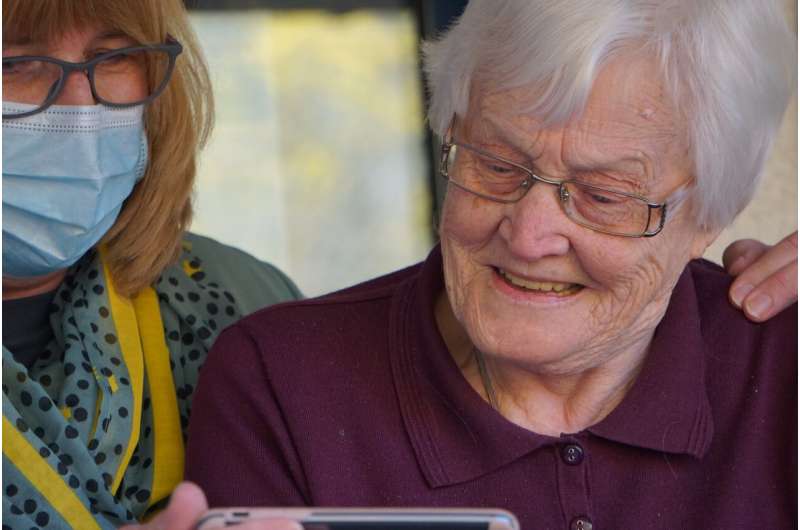
A clinical trial led by researchers at City of Hope, a world-renowned cancer research and treatment organization, showed that patients over 65 receiving chemotherapy experienced significantly fewer treatment-related side effects when a multidisciplinary team of experts analyzed each case and introduced personalized interventions.
Additional supportive care services were offered to patients based on the results of a cancer-specific geriatric assessment, a comprehensive tool City of Hope developed in collaboration with others, that evaluates areas such as physical ability, co-existing health conditions, nutrition and mental health. A multidisciplinary group of experts reviewed the geriatric assessments and recommended extra services to address the experimental group’s vulnerable areas.
“We know from prior research that older adults generally value other factors, such as quality of life and maintenance of physical function over survival,” said Daneng Li, M.D., assistant professor in City of Hope’s Department of Medical Oncology & Therapeutics Research and lead author of the JAMA Oncology study published today. “Older adults know what they want from their lives and prioritize the ability to continue to do the things they enjoy doing. In other words, the ability to tolerate treatment and not be miserable is equally as important, if not more important, than survival to older adults.”
In the study, researchers randomly divided 605 older adults who were starting a new chemotherapy regimen into two research arms: standard of care or geriatric assessment-driven intervention (GAIN), which included recommendations from specialists, such as an oncologist, nurse practitioner, social worker, physical or occupational therapist, nutritionist, and pharmacist.
In the GAIN arm, if the team noticed nutrition issues, such as excessive weight loss, the patient was referred to a nutritionist who provided dietary advice or an occupational therapist who could improve their eating techniques. If the patient was taking a lot of medications, as many older adults tend to do, a pharmacist evaluated the list of medications and identified potential drugs that should be removed or substituted during chemotherapy. These types of adjustments based on individualized patient needs may have contributed to the differences observed.
The scientists found that patients in the GAIN arm experienced fewer grade three or higher chemotherapy-related side effects (10% reduction)—and this was done without a significant difference in chemotherapy modifications or dose reductions when compared to the control group. In addition, the completion of advance directives that state a patient’s wishes should they become incapacitated was 15% higher in the experimental group compared to the control group. There was no difference in overall survival between the two arms.
This study focused on a group highly affected by cancer—a disease of age. About 60% of cancer diagnoses and 70% of cancer deaths occur in people who are 65 years old or older, said William Dale, M.D., Ph.D., director of the Center for Cancer and Aging at City of Hope and senior author of the study.
Source: Read Full Article
